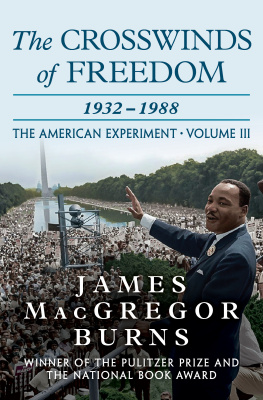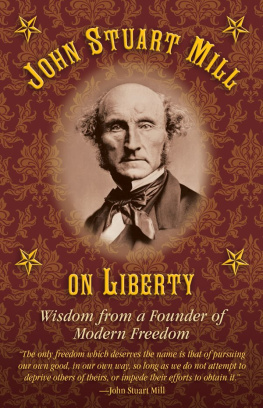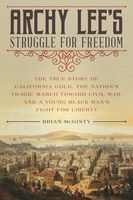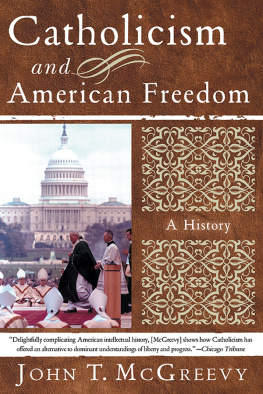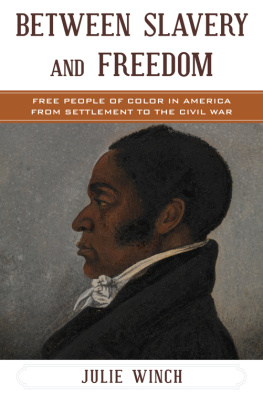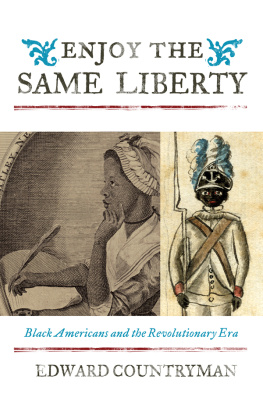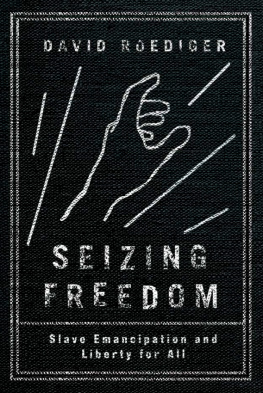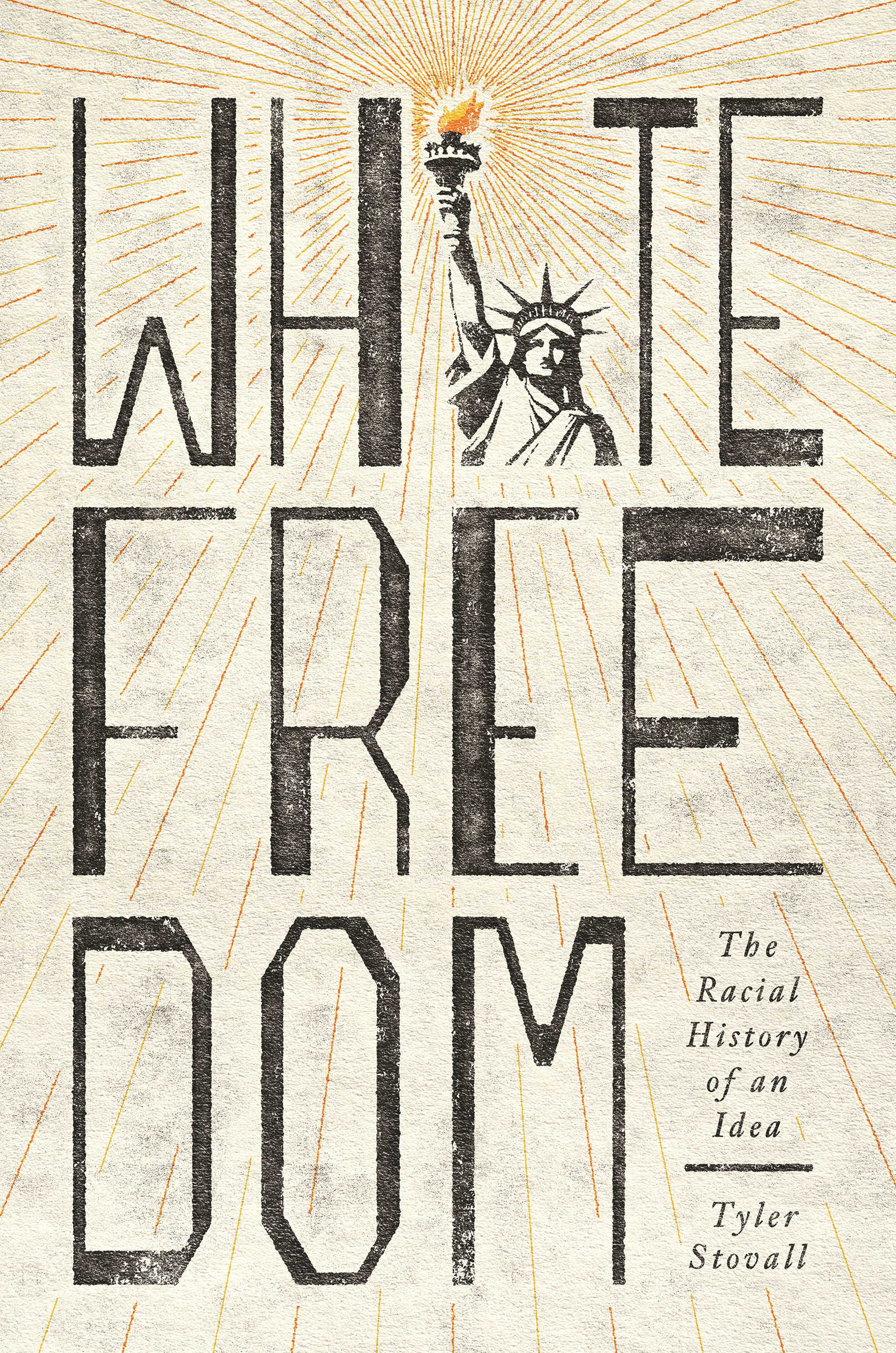PREFACE AND ACKNOWLEDGMENTS
If we are lucky, there comes a time in the life of every historian of the modern world when the histories we study and our own life experiences begin to intersect. I remember at one point in the late 1990s introducing my course on twentieth-century Europe by saying Id been teaching the course since before the fall of the Berlin Wall, prompting many students to regard me as an ancient relic. This is true of my experience writing this book, in more ways than one. Its final chapter mostly deals with events that happened during my lifetime. I was born a few months after the Brown v. Board of Education Supreme Court decision that marked the start of the civil rights movement, and involvement in that movement shaped much of my childhood and youth. Like everyone I knew, I grew up the child of a World War II veteran, in my case one who boasted of having seen opera in La Scala and who kept a German Luger in the house. As a graduate student in French history I chose to study the Paris suburbs, and over time saw that area emerge as the new symbol of multicultural France in the twentieth century. I lived through the collapse of the Soviet Bloc in Europe and the rise of the New Right here in America. Much of my life has thus been shaped by changing ideas of freedom and race and the intersections between them.
These personal reflections help explain why I came to write this book, why I felt I had to. I did so not just because I regarded the subject as critically important for our past, present, and future, but equally because the idea simply would not leave me alone, waking me up in the middle of the night more than once to ponder the subject. In the end, so much of what I and many other historians and scholars have studied seemed to come down to different visions of these two key concepts, so I decided it was worth trying to write a history of them, and of the relationship between them.
White Freedom deals with a subject at once personal, national, and global, belonging both to the past and the present. It explores the ways in which two seemingly opposite philosophies, liberty and racism, are in significant ways not opposites at all, and its explorations cover two centuries, from the Enlightenment to the present. Global in scope, at the same time it devotes particular attention to two countries where this opposition has loomed largest in modern history, France and the United States. In doing so, it attempts to offer new perspectives on some very old problems and concerns, to help us understand not just the interactions of freedom and race over time but the making of the modern world in general. I certainly admit this is an ambitious undertaking: whether or not it has succeeded is up to the reader to judge.
If history and my life as an historian have taught me one thing, it is that no one can do this alone. Many people and institutions played a role in bringing White Freedom to the light of day, and I am privileged to express my gratitude and indebtedness to all of you. First and foremost I should thank my editors at Princeton University Press, who helped me take a vague idea, or hope, and transform it into a book. Brigitta van Rheinberg first listened to my idea and shepherded me through developing a proposal and starting to write the book. Since she moved on to other responsibilities Ive been very fortunate to work with Eric Crahan, who has consistently encouraged me along while at the same time challenging me to write my ideas as effectively as possible. Id also like to thank Thalia Leaf, who has been a godsend in dealing with some of the more technical aspects of publishing a book as well as contributing her own solid critical ideas. All in all, working with the people at Princeton University Press has been a dream, and I am honored to be one of their authors.
Friends and colleagues in France made a major contribution to making this book a reality. I have been extremely fortunate to have found a group of colleagues at the Universit de Paris VIII, probably the leading academic institution in France when it comes to the study of race. I gave my first presentation based on this material as part of their groundbreaking Seminaire sur lhistoire sociale des populations noires en France, and ever since then have remained in close contact with them. In particular I would like to thank Emmanuelle Sibeud, Sylvain Pattieu, Audrey Celestine, Michel Giraud, and Sarah Fila-Bakabadio for making Paris my academic home away from home, for giving me a sense of intellectual comradeship so important to me while writing this book.
Colleagues and friends at my own institution, the University of California at Santa Cruz, have also earned my thanks and my gratitude for helping make White Freedom possible. The Center for Cultural Studies graciously let me present some of my findings at their weekly seminar; I would like to thank Anjali Arondekar, Maya Peterson, Mayanthi Fernando, Gail Hershatter, Alan Christy, Hunter Bivens, Wlad Godzich, Jodi Greene, and the other attendees for their suggestions and encouragement. I was particularly honored that the directors of The Humanities Institute, Nathaniel Deutsch and Irena Polic, chose to adopt the idea of freedom and race as the organizing theme for the institutes academic program one year; I learned a lot from the various seminars and talks held at Santa Cruz on the subject. I wrote this book while serving as dean of the Humanities at Santa Cruz, and I am especially grateful to the divisional staff for all their efforts on behalf of my work on this book. In particular Id like to thank Judy Plummer, Katie Novak, Julie Kruger, Jay Olson, and Amy Bruinooge for all their help. I also want to thank the Humanities Division and the Academic Senate of UC Santa Cruz for their support of my research.
During this period I also served as president of the American Historical Association, which gave me my first opportunity to publish my findings from this project in the pages of the American Historical Review. I am very grateful to the staff of that journal for the work in publishing my article. Im grateful to Oxford University Press for allowing me to use material from that article in my book. More generally, I would like to thank James Grossman, the AHA executive director, for constantly encouraging my work and never letting me or anyone else forget why history matters.
Finally, and most important, I want to thank my friends and family. I have been privileged to work with graduate students at both Santa Cruz and Berkeley, and my former students remain some of my closest intellectual peers. Michael Vann invited me to give my first talk on this project at CSUSacramento, embarrassing me with his effusive introduction, and Naomi Andrews recruited me to give a keynote address at the Western Society for French History. Both Robin Mitchell and Felix Germain have remained close colleagues and friends, their own scholarship inspiring my own work. In Paris, Jim Cohen, Richard Allen, and Elizabeth Altschull have always laid out the welcome mat for me, facilitating not only my research but my understanding of France in general. I thank you all.


